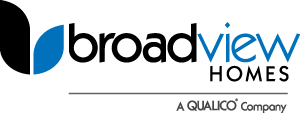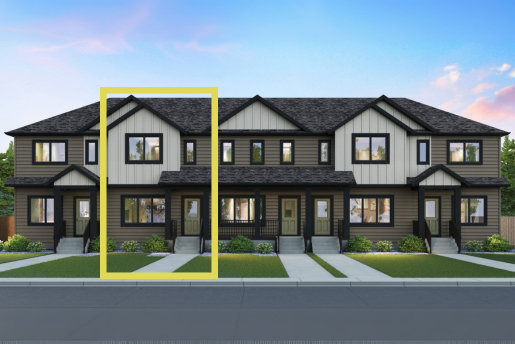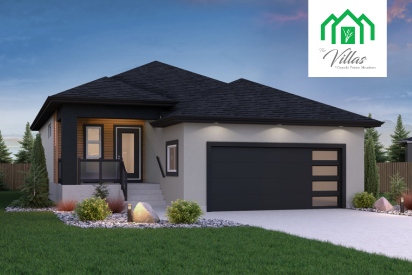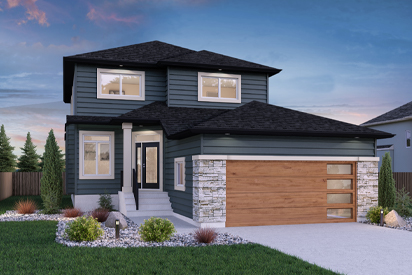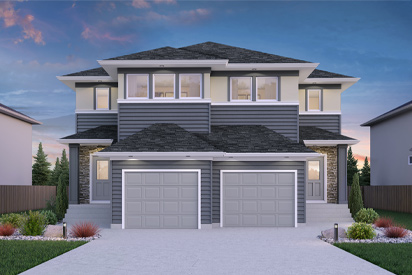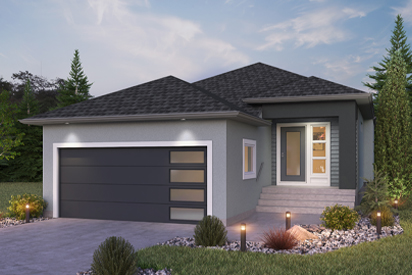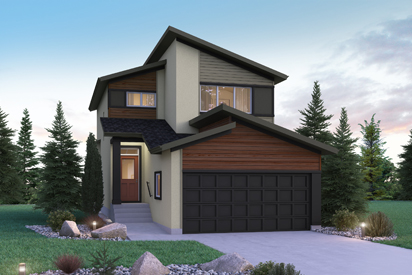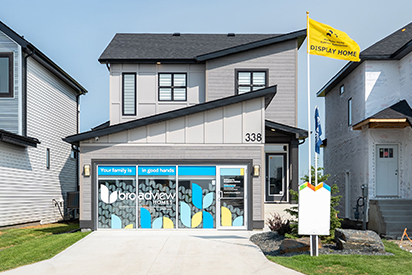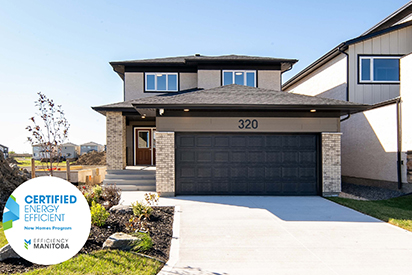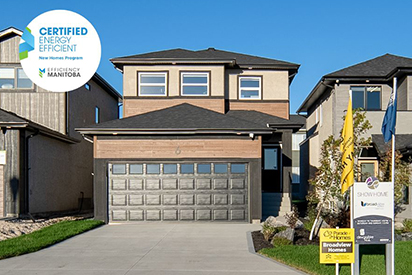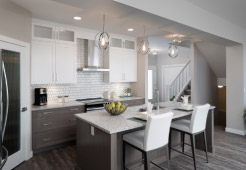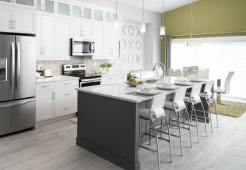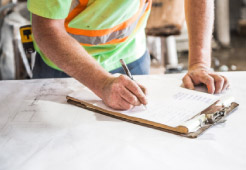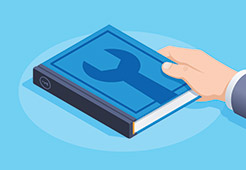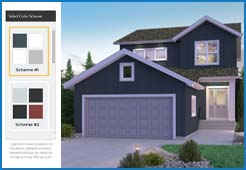Are You Ready to Buy Your First Home?
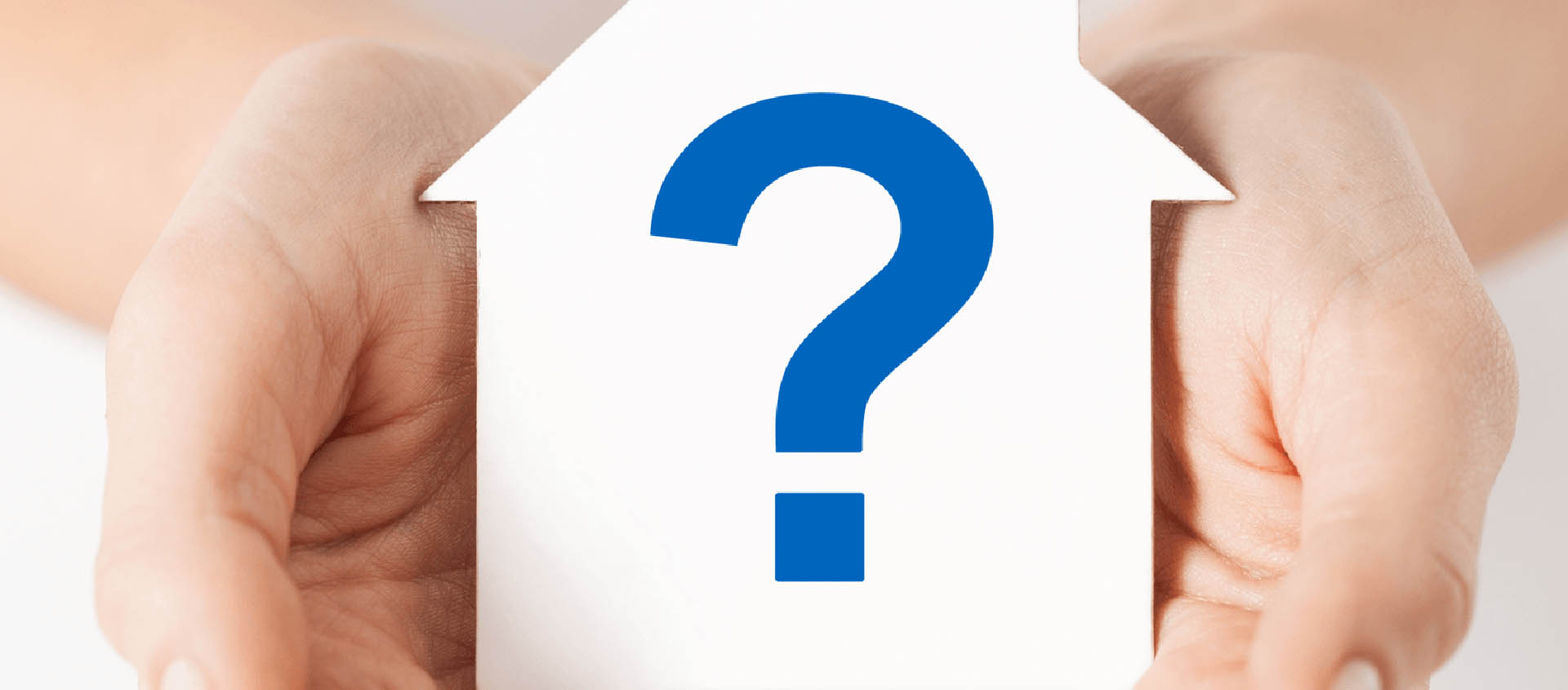
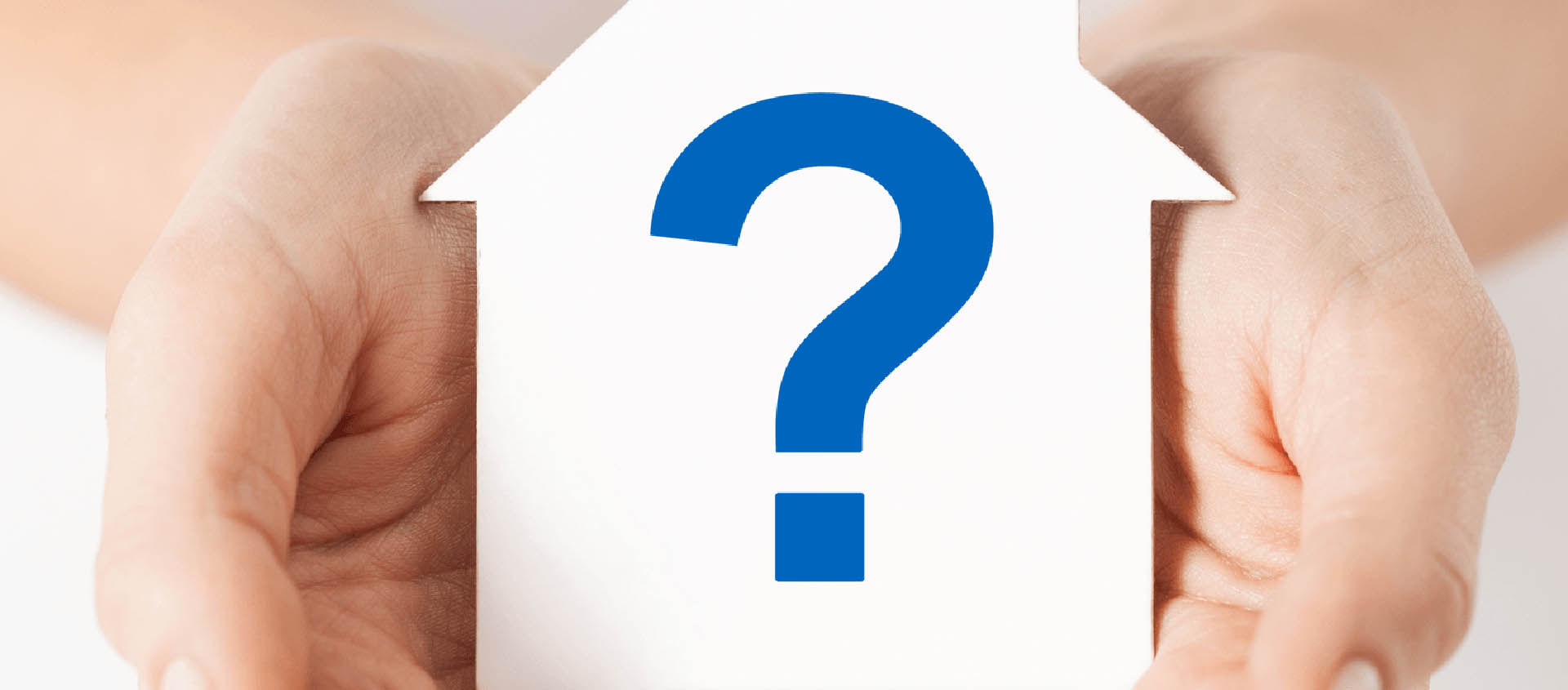
Of course, the idea of buying your very own home is more than exciting. You'll have your own space, personalized to your own tastes and you'll finally be able to start building equity. But before you get too eager, you have to be absolutely sure you're ready.
First-time buyers who take on more home than they can afford can wind up spending too much of their monthly income on their mortgage and other home-related costs. So, before you head out looking for your ideal new home, here are a few questions you should be asking.
Are You Done Moving and Want to Put Down Roots?
This is a common thought for many people who start taking a serious look at buying their first home. Whether you want a family someday, or are a pet lover and the idea of your own fenced yard sounds great, this is a sign that you're ready to stop wasting money renting and start investing in your future.
Are You Tired of Renting and Want Something of Your Own?
This may sound like a no-brainer for someone to look at homeownership, but it's still important to weigh your own list of pros and cons. Besides building equity, owning your own home comes with a major sense of pride and is a big accomplishment for many young working professionals? You may even find that once you crunch the numbers, your mortgage payment is about the same or even less than what you paid for rent each month!
Now it's time to get into the financial considerations you should be making before you make the decision to buy your first home.
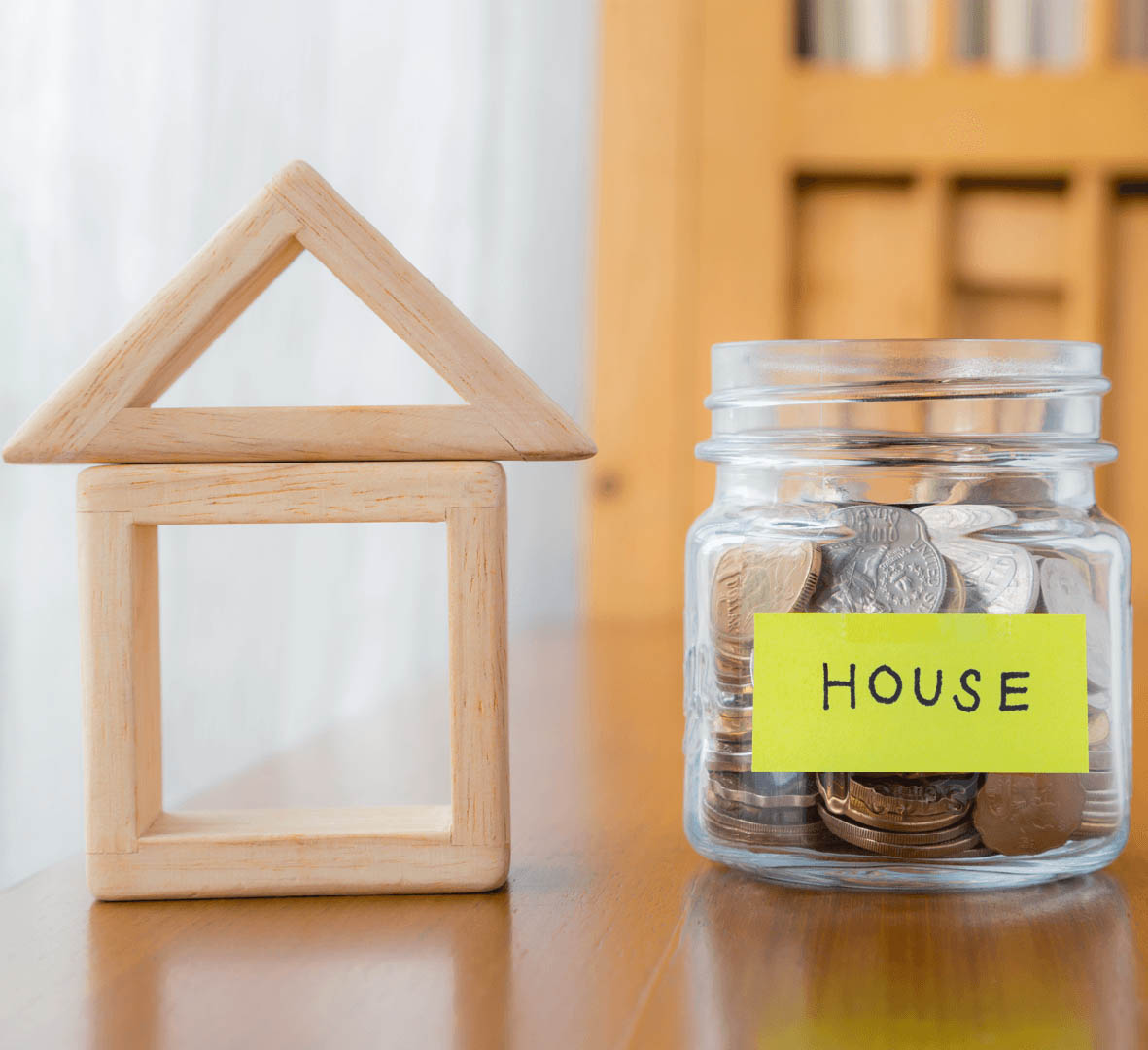
Do You Have Your Down Payment (and Your Closing Costs)?
Everybody knows they need to come up with at least five percent for the down payment, but often forget the additional funds for closing costs.
Closing costs are those little extra fees that go into finalizing the deal, including legal fees, an upfront payment of the property taxes and homeowners’ insurance. In many cases, they’re around three percent of the cost of the home, and the payment needs to be in the form of a cheque.
Have You Checked Your Credit Score?
Your credit score determines your mortgage rate, and you want to be sure it's in tip-top shape before you apply. Make sure to get a credit report so you know in advance if there are any issues or errors that could cause the bank to deny your application. If the score is low, you may need to work to build it up before you can buy a home.
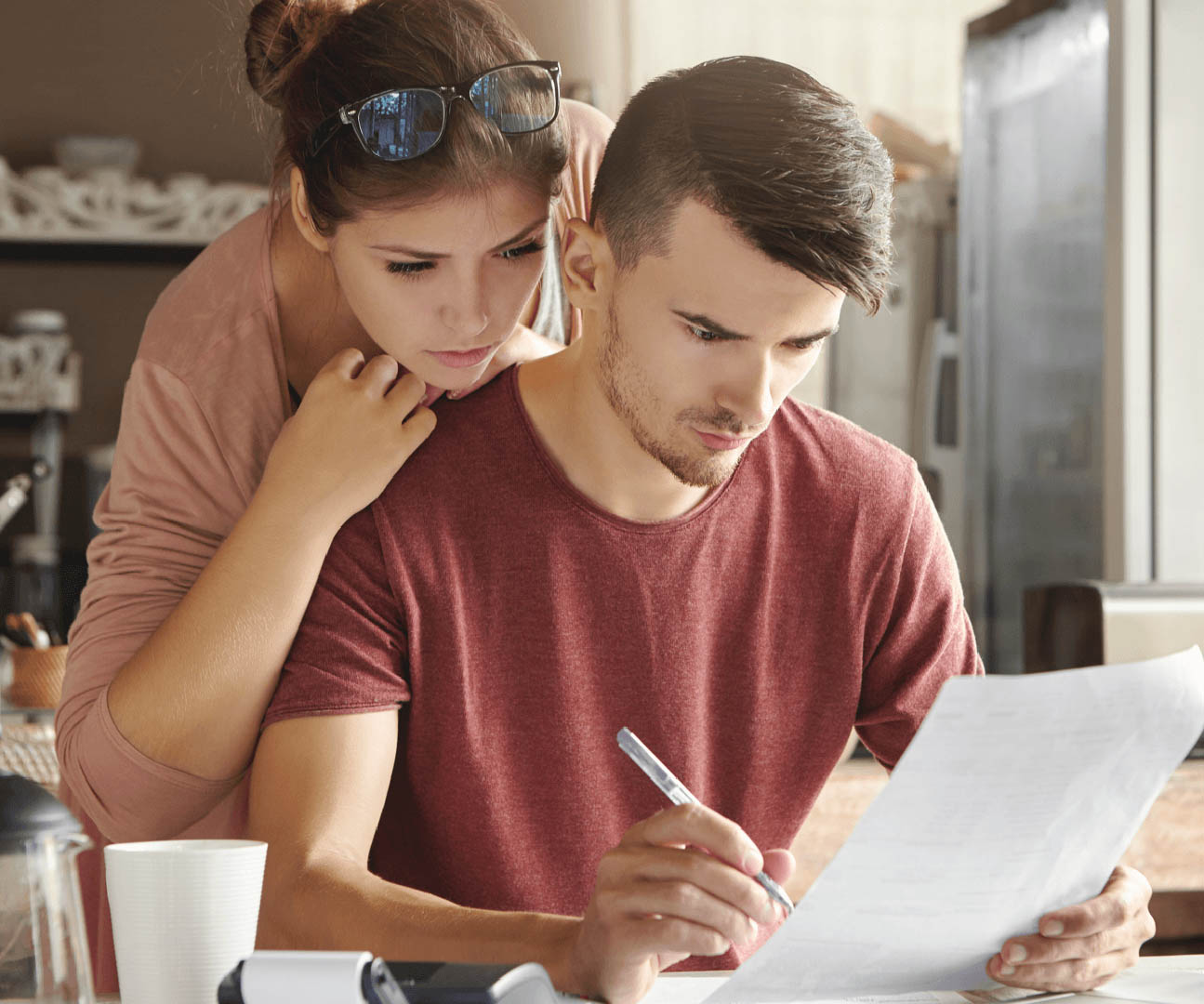
Have You Estimated Mortgage Costs?
Your mortgage costs are what you’ll pay each month. Many mortgage calculators will give you an estimate of how much the principal and interest payment will be, but they don’t all include payments for property tax, homeowners insurance, and mortgage insurance.
These additional items could add a couple of hundred dollars onto the monthly total, which can push the mortgage you were looking at out of your price range.
Do You Know How Much a Lender Will Allow You to Borrow?
Lenders decide how much they’ll lend you based on the total monthly payment (including the extras). In general, they want to see that your mortgage payment is less than 35 percent of your monthly income. Many will also look at your total debt, including the mortgage and other things like student loans and credit cards. This should be less than 42 percent. A mortgage pre-approval will give you a better idea of how much mortgage you can afford overall.
Are You Anticipating Changes in Your Utility Costs?
Sometimes, when you move into a new home, you see a big change in your utility bills. For instance, renters may have been living in an apartment where the rent included heat, internet, and cable. When you move into a new place, you have to cover these costs yourself.
Your utility costs will also be slightly more in a larger home. Going from an 800 square foot apartment to a 1,700 square foot home with a basement is likely to be a little higher than what you're used to.
On the other hand, brand-new homes are more energy-efficient than resales. If you’re moving from a 1,500 square foot older home into a new model that’s around the same size, you're sure to see a decrease in your utility bills.
Do You Have an Emergency Fund?
While purchasing a home is likely to put a dent in your savings, it’s important to keep enough set aside for an emergency fund. Brand-new homes won’t require the same types of major repairs that can surprise you in a resale home (and you'll be covered by a great home warranty!), but you never know when an emergency might pop up. You need to stay on top of the mortgage and other payments, so you should have money set aside in the event of unexpected expenses.
When you buy a home, it's no doubt a big responsibility. It's also an exciting milestone in your life and one that you'll gain from for many years. Think realistically about your financial situation and avoid buying a home that stretches you to your limits. The financial institution of your choice will be happy to help you determine what you can afford in advance - ensuring you can enjoy your new home comfortably and worry-free!
*Originally posted July 5, 2018, updated January 10, 2019.
